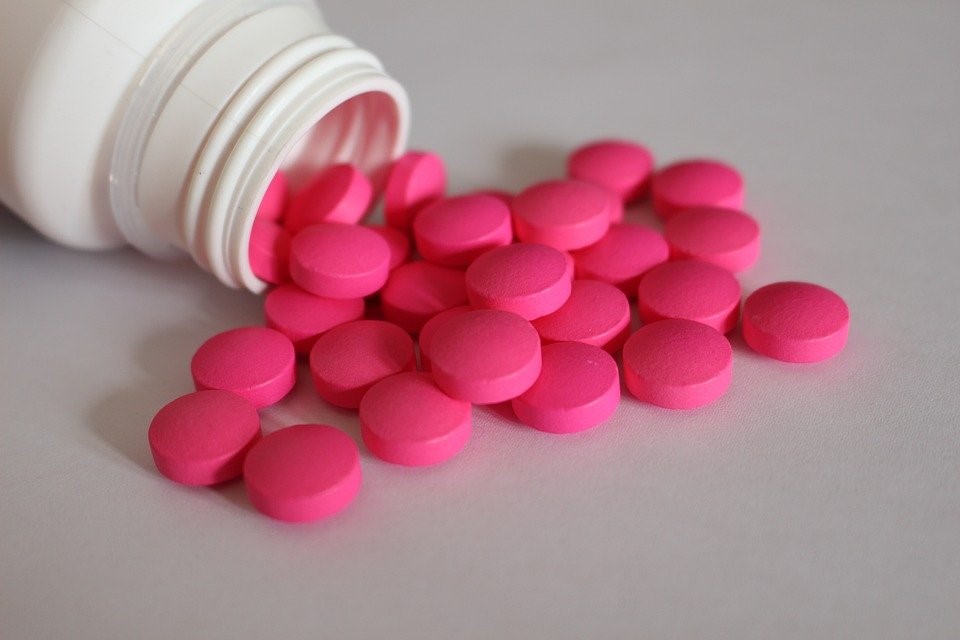
Note. This article was originally published on May 28, 2020 in Spanish.
It is not news to know that clinical data indicates that cancer and transplant patients are at increased risk of severe or even fatal respiratory disease caused by COVID-19.
This severe reaction could be influenced by the immunosuppressive or immunostimulant drugs they have to take, which may conflict with the patient’s immune response against the virus that causes COVID-19, called SARS-CoV-2 (a type of coronavirus within the genus Betacoronavirus).
So the question is, what medications can a COVID-19 patient take or continue to take without that medication furthering the disease? For example, can you take ibuprofen or acetaminophen when you have the coronavirus?
In this sense, Beth Russell and her colleagues from the University of Kings College London and the St. Thomas NHS Foundation Trust evaluated the effects of different types of drugs on host (or patient) immunity against COVID -19, doing a systematic review. of the current evidence.
Their review article was published in ecancermedicalscience (an open access oncology journal, in other words, that is freely accessible). His group reviewed 89 existing studies related to different strains (types) of coronavirus (including published literature on MERS, SARS, and the limited literature on SARS-CoV-2) to see if certain drugs used in people who already have disease should be avoided if they contract COVID-19.
Table 1. Medications studied in the literature review.

In response to this blog’s initial question, Russell and his colleagues found that there is no conclusive evidence for or against that non-steroidal anti-inflammatory drugs (NSAIDs) such as ibuprofen improve or worsen the condition of COVID-19 patients. 19.
However, other types of drugs, such as TNF blockers and JAK inhibitors, have been found to be safe to use. IL-6 could even help fight COVID-19, but more studies are underway to validate this hypothesis.
Current evidence suggests that low dose prednisolone (a steroid used to treat allergies) and tacrolimus therapy (an immunosuppressive drug given to patients who have had an organ transplant) may have beneficial impact on the course of coronavirus infections. However further investigation is needed.
Dr. Sophie Papa, Co-author on the study, from Kings College London
Some French doctors have advised against the use of ibuprofen (for example, Motrin, Advil, and many generic versions) for COVID-19 symptoms based on some (unpublished) observational reports of healthy people with COVID-19 who were taking an NSAID 19 and developed a severe respiratory illness such as pneumonia. But these are just observations and not based on scientific studies unlike the published article by Russell and colleagues.
The World Health Organization (WHO) initially recommended using acetaminophen instead of ibuprofen to help reduce fever, aches, and pains related to the novel coronavirus, but now states that either acetaminophen or ibuprofen can be used. These rapid changes in recommendations create uncertainty. With some doctors still concerned about non-steroidal anti-inflammatory drugs (NSAIDs), it seems prudent to choose acetaminophen first, with a total dose not exceeding 3,000 milligrams per day.
But in conclusion, there is no need to avoid taking over-the-counter ibuprofen.





Awesome things here. I am very glad to peer your post. Harmonie Webb Lan
Awesome post. I am a regular visitor of your website and appreciate you taking the time to maintain the nice site. I will be a regular visitor for a long time. Agnella Toiboid Ruben
I was curious if you ever considered changing the structure of your blog? Its very well written; I love what youve got to say. But maybe you could a little more in the way of content so people could connect with it better. Youve got an awful lot of text for only having one or two pictures. Maybe you could space it out better?| Cathrine Maurizio Angelo